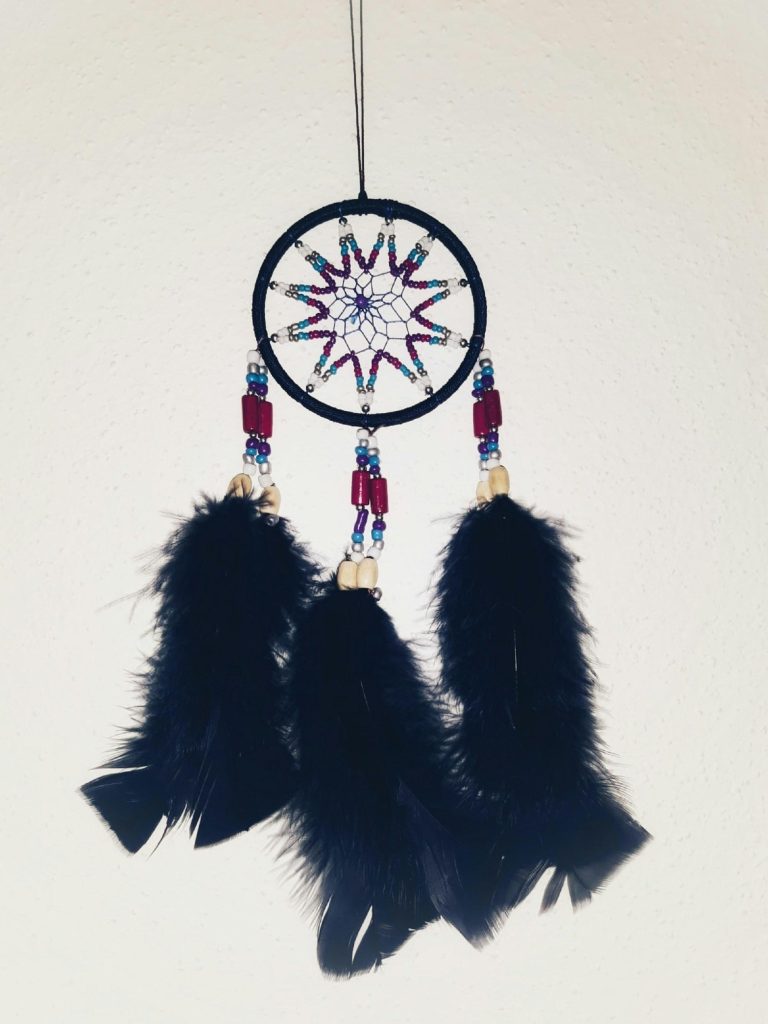In the ever-evolving landscape of cinema, where the echoes of the past meet the whispers of the future, a new wave of filmmakers is poised to redefine the contours of storytelling. At the crest of this wave stands Greta Gerwig, a director whose work resonates with both the authenticity of lived experience and the imaginative allure of uncharted narratives. As the film industry continues its journey towards inclusivity and diversity, the question arises: should Gerwig be at the helm of this cinematic revolution, leading the next wave of female directors into the spotlight? This article delves into the intricacies of Gerwig’s directorial prowess, examining her potential to inspire and shape the future of filmmaking in a landscape that is as dynamic as it is challenging. Through a lens of creativity and neutrality, we explore whether Gerwig’s unique voice is the clarion call the industry needs as it steps into a new era.
Greta Gerwigs Unique Vision Inspiring a New Generation
Greta Gerwig has emerged as a formidable force in the cinematic world, not just for her ability to craft compelling narratives, but for her unique approach that resonates deeply with audiences and filmmakers alike. Her work often showcases a delicate blend of emotional depth and quirky humor, a signature style that has carved a niche in the film industry. Her ability to portray complex characters with authenticity is inspiring a new generation of storytellers who seek to bring fresh perspectives to the screen.
- Her films often highlight the intricacies of female relationships and individual growth.
- She combines traditional storytelling with modern sensibilities, appealing to a diverse audience.
- Her collaborative approach encourages a supportive environment, paving the way for emerging female voices.
By breaking conventional norms and exploring new narratives, Gerwig is not only redefining what it means to be a director today but is also encouraging others to follow suit. Her work serves as a beacon of creativity and courage, inspiring countless aspiring directors to embrace their unique vision and contribute to a more inclusive and diverse cinematic landscape.

Navigating Challenges in a Male-Dominated Industry
In an industry traditionally dominated by men, women like Greta Gerwig are not just participating but are reshaping the landscape of filmmaking. The challenges they face are multifaceted, ranging from the persistent gender bias in funding and production opportunities to the societal expectations that often undervalue their creative visions. For women directors, it’s not just about telling stories; it’s about redefining the narrative structures and production dynamics that have long been established by their male counterparts. Gerwig’s success with films like “Lady Bird” and “Little Women” highlights her ability to connect deeply with audiences, proving that female-led stories are not just viable but essential.
- Breaking Stereotypes: Female directors are challenging traditional gender roles in storytelling.
- Creating Inclusive Sets: Women in leadership roles often foster more inclusive and diverse working environments.
- Inspiring Future Generations: The visibility of successful female directors can inspire young women to pursue careers in film.
While the path is fraught with obstacles, Gerwig’s journey is a testament to the power of perseverance and creativity. Her work is a clarion call for more female voices in the director’s chair, encouraging a new generation of women to lead and innovate in the cinematic world.

Balancing Artistry and Commercial Success
In the complex dance between creativity and profitability, few directors navigate the stage as deftly as Greta Gerwig. With films like “Lady Bird” and “Little Women,” Gerwig has proven that artistry and commercial success are not mutually exclusive. Her ability to weave deeply personal narratives while maintaining broad audience appeal positions her as a potential leader for the next wave of female directors. By prioritizing authenticity and emotional resonance, she crafts stories that are not only artistically fulfilling but also financially viable.
Consider the elements that contribute to Gerwig’s successful balance:
- Strong Narrative Voice: Her scripts often feature complex, relatable characters that resonate with diverse audiences.
- Collaborative Approach: Working with talented casts and crews, Gerwig fosters an environment where creative input is valued, leading to richer storytelling.
- Visionary Directing: Her films are marked by unique visual styles and compelling pacing that captivate viewers.
By championing these principles, Gerwig not only elevates her own work but also sets a benchmark for aspiring directors, challenging them to redefine what it means to succeed in both artistic and commercial realms.

Strategies for Empowering Emerging Female Filmmakers
- Mentorship Programs: Creating mentorship opportunities where established filmmakers like Greta Gerwig can guide and support emerging talent is essential. These programs can provide budding female directors with insights into the industry, helping them navigate challenges and leverage their unique voices.
- Collaborative Workshops: Organizing workshops that focus on scriptwriting, directing, and production can foster a collaborative environment. By encouraging group projects and peer feedback, these workshops can help new filmmakers refine their skills and build a supportive network.
- Funding and Grants: Access to financial resources is crucial. Establishing grants specifically for female filmmakers can alleviate financial barriers and allow them to focus on their craft. Funding initiatives can also highlight diverse voices, promoting stories that might otherwise remain untold.
- Film Festivals and Showcases: Creating platforms to showcase work by female directors can amplify their visibility in the industry. Film festivals that prioritize female-driven narratives can offer these directors a stage to present their work and gain recognition.
- Community Building: Encouraging the formation of communities where female filmmakers can share experiences, advice, and resources can foster a sense of belonging. Online forums, social media groups, and in-person meetups can serve as spaces for inspiration and collaboration.









